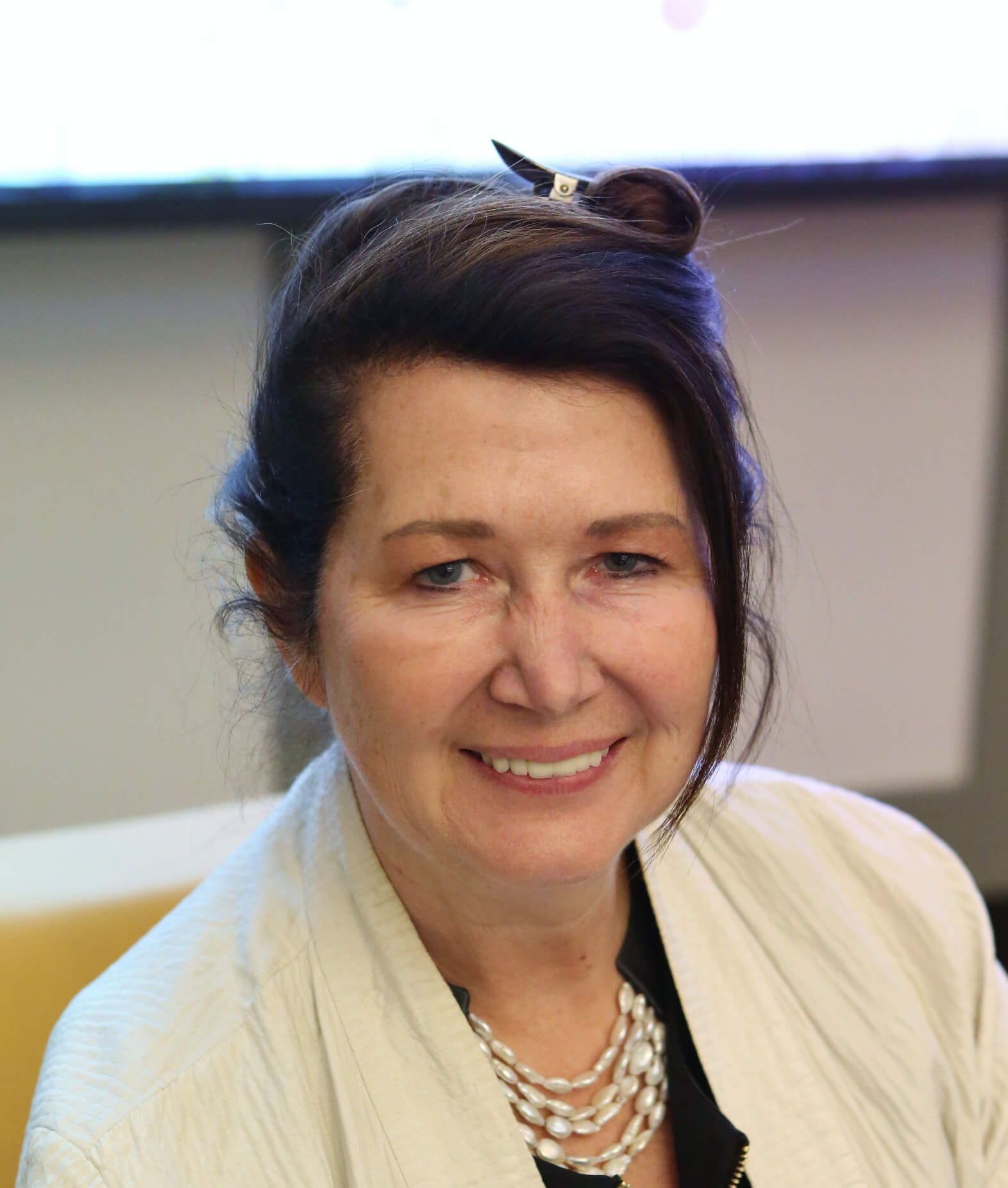Thirteenth International Summer School on Mind, Brain and Education
2018 October 16–20
Migrants and Refugees in the 21st Century: Children in and out of schools
Directors of the School:
Kurt W. Fischer, Antonio M. Battro and Sebastián J. Lipina
Director of the Course: Marcelo Suárez Orozco
Program Officer of the School: Lula Majdalani
UCLA (USA)
Carola Suárez-Orozco is a Professor of Human Development and Psychology at UCLA and is the co-founder of Re-Imagining Migration. Her books include: Children of Immigration (Harvard University Press), Learning a New Land (Harvard University Press), as well as the Transitions: The Development of the Children of Immigrants (NYU Press). She has been awarded an American Psychological Association (APA) Presidential Citation for her contributions to the understanding of cultural psychology of immigration, has served as Chair of the APA Presidential Task Force on Immigration, and is a member of the National Academy of Education.

A compassionate perspective: Re-Imaging migration
Across all OECD nations, on average, one quarter of all children have an immigrant parent. Settings charged with serving immigrant origin children and youth —schools, libraries, museums, and other civic and public institutions, are often found wanting. Many professionals in these settings often misunderstand immigrant origin children and youth; yet others feel they are unprepared to serve their needs. Concurrently, decidedly uncivil conversations are occurring in political and media arenas with ripple effects for these children and youth, their families and their peers as well as those who work with them. How can educators take on a compassionate, resilience-based perspective for serving these children and youth? Inn this paper I present a series of strategies employed by Re-Imagining Migration to develop the knowledge, empathy and mindsets that sustain inclusive and welcoming learning communities. The intent of this work is to foster healthy climates of learning by providing engaging topics of conversation and deep project-based learning that address students’ presentrealities as well as their future while providing tangible opportunities to bring in historical and cross-national conversations. The work is focused on bridging the empathy gap by providing learning opportunities through the fostering of the critical social emotional skill building of perspective taking.















